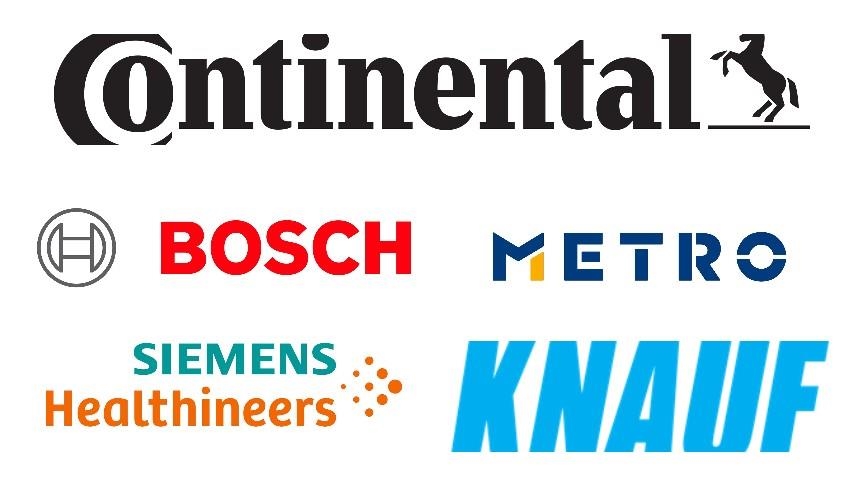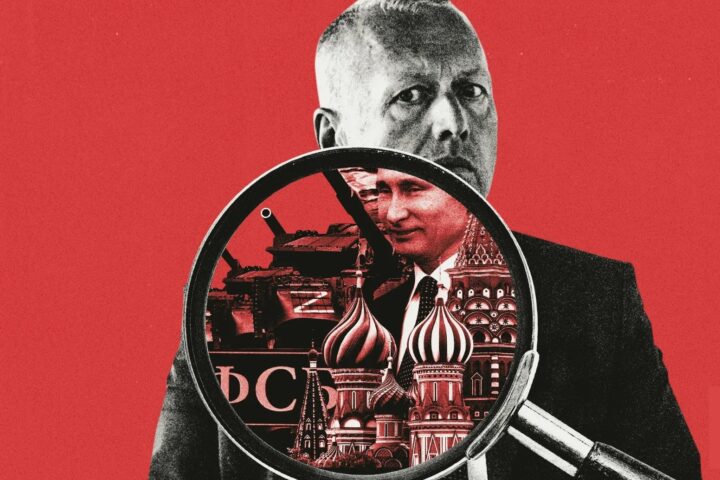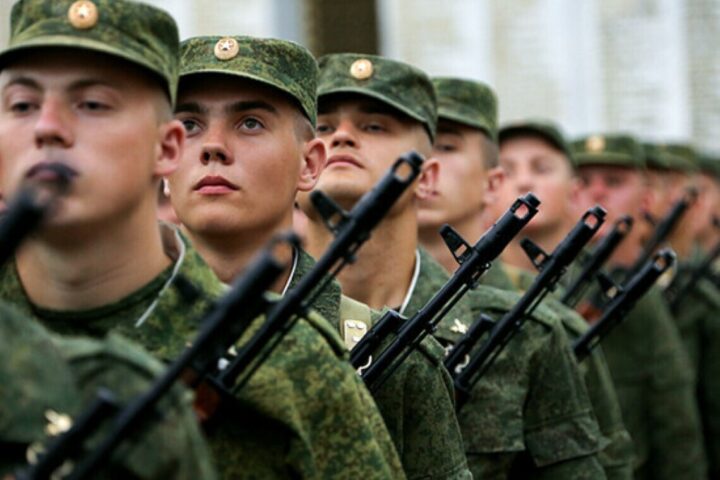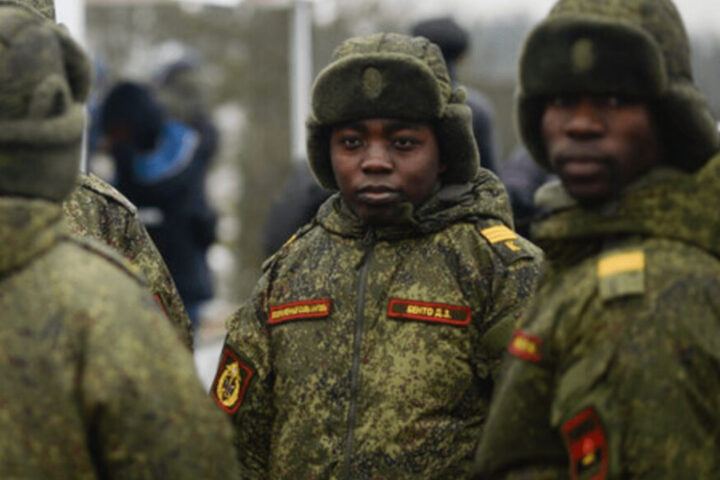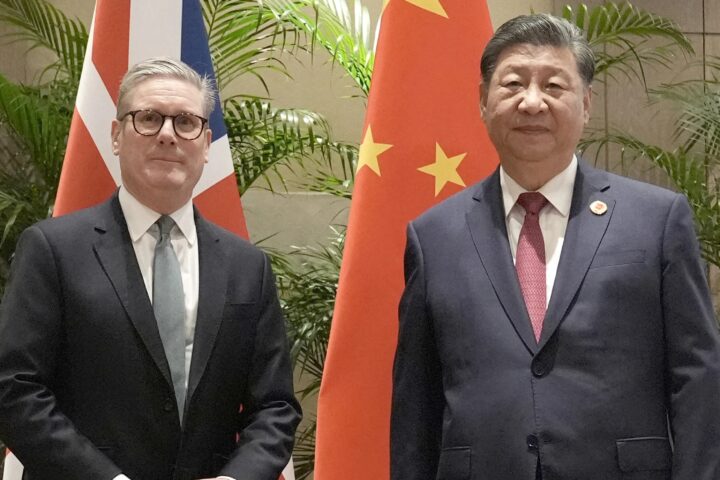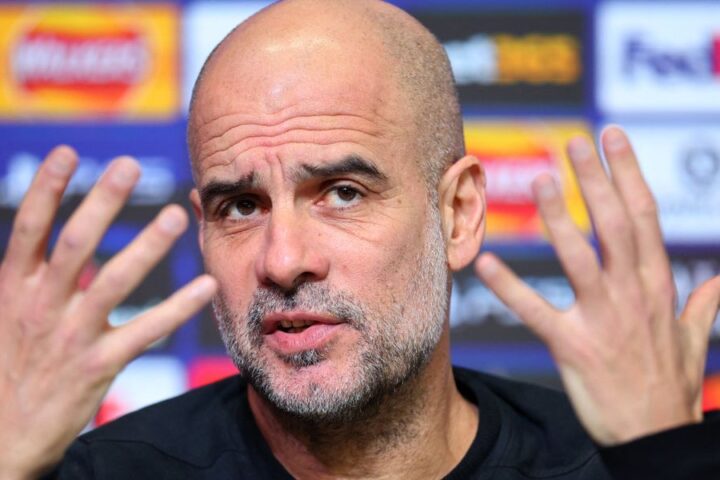Over 1,400 German firms maintain presence in Russia despite ongoing war
As Russia’s full-scale invasion of Ukraine enters its fourth year, more than 1,400 German companies continue to operate in the Russian market. This revelation, published by Bild on October 12, highlights a controversial reality: companies that continue to operate in Russia are indirectly contributing to the country’s war effort by paying taxes into the Russian state budget.
Among the companies named are Metro, Beiersdorf (producer of Nivea and Eucerin), medical equipment manufacturer B. Braun, and technology firm Merck. These firms defend their presence in Russia by citing “social responsibility” toward local employees and customers. B. Braun, for instance, argued it was providing “basic medical care” to chronically ill patients such as those requiring dialysis. Merck echoed a similar stance.
Discrepancy between statements and actions
While some corporations publicly announced plans to exit the Russian market, independent investigations show many still operate or have only partially scaled back their presence. According to research from the Swiss-based IMD business school and the University of St. Gallen, only 120 foreign firms had sold their Russian subsidiaries by the end of 2022—just 14 of them German.
The study considered not only multinational giants with annual revenues exceeding $100 million but also smaller, local subsidiaries of Western companies. As of 2025, these firms generated sales of roughly €20 billion, according to the German Business Delegation in Russia.
Data from the Kyiv School of Economics indicates that of 352 German companies identified, only 68 have fully exited Russia. The remaining 204 continue business operations, while others have frozen or limited their activity without a complete withdrawal.
Profit over principle?
Critics argue that citing “social responsibility” masks purely economic motivations. Beiersdorf, for example, attributed 1.5% of its global sales in 2024 to the Russian market—an amount it labeled as “strategically important.” This figure, while relatively small in global terms, underscores how even limited revenue streams can outweigh ethical considerations for multinational corporations.
Moreover, Germany’s Chancellor Friedrich Merz has acknowledged that Europe is no longer at peace with Russia, citing ongoing cyberattacks, disinformation campaigns, and recent drone strikes on critical infrastructure. Yet, many German companies maintain business as usual in Russia—effectively operating in a country that German officials say is waging hybrid war against the West.
Risks of continuing business under Kremlin control
Remaining in Russia is not only a moral issue but a strategic risk. Since the invasion, Moscow has demonstrated that foreign-owned assets are no longer protected. Numerous Western companies have had their property seized, nationalized, or placed under “temporary administration,” often without fair compensation. Reuters previously noted that this has deeply damaged long-standing investor confidence.
In doing business under such conditions, companies signal that profit takes precedence over European unity and international law. Their continued presence offers the Kremlin a propaganda win, showing that Western economic ties remain intact despite global condemnation of its actions in Ukraine.
Calls for public pressure intensify
Advocates argue that without external pressure from civil society, media, and governments, these companies are unlikely to change course. Activists call for public campaigns, product boycotts, and reputational pressure to push firms out of the Russian market. The message: reputational damage is often a more effective deterrent than financial loss.
As the war drags on, the debate over Western business operations in Russia is likely to intensify. For now, the facts point to a sobering reality: in the face of war, many German companies are still choosing business over principle.
